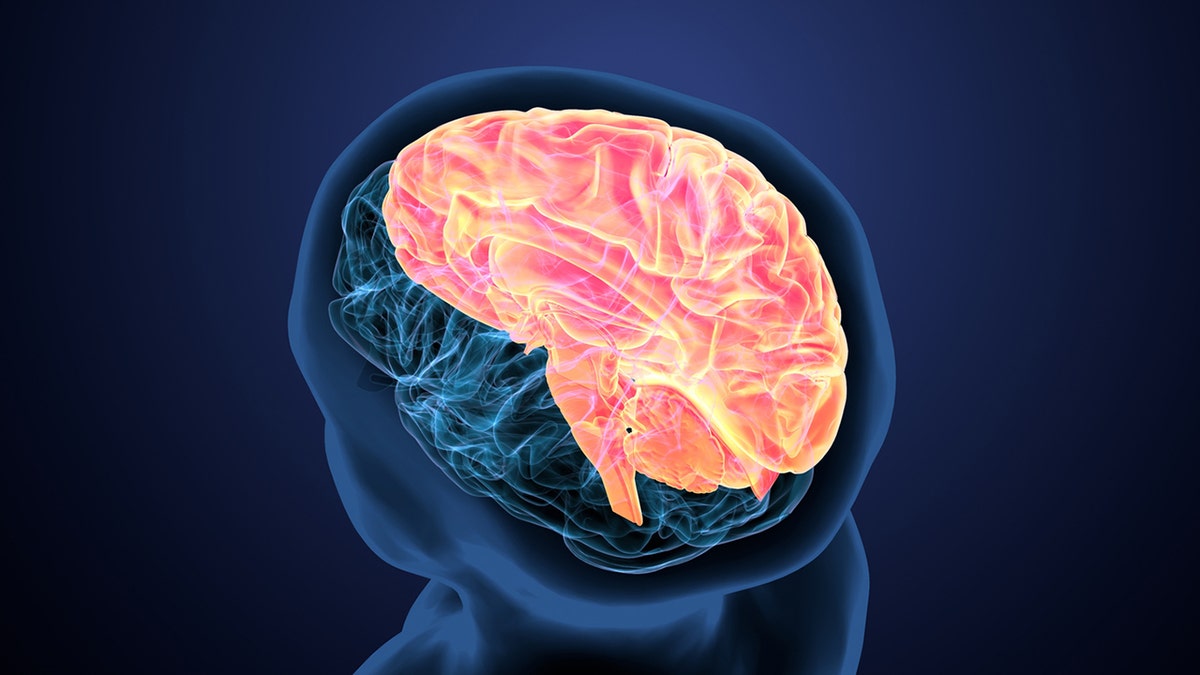Following his diagnosis with a brain condition, singer Billy Joel has canceled all scheduled concerts.
The five-time Grammy winner, 76, announced on Friday that he has normal pressure hydrocephalus (NPH), which occurs when cerebrospinal fluid (CSF) builds up inside or around the brain.
“This condition has been exacerbated by recent concert performances, leading to problems with hearing, vision and balance,” stated the announcement on Joel’s website.
BILLY JOEL CANCELS ALL CONCERTS DUE TO BRAIN DISORDER DIAGNOSIS
“Under his doctor’s instructions, Billy is undergoing specific physical therapy and has been advised to refrain from performing during this recovery period.”
What causes normal pressure hydrocephalus?
Hydrocephalus is a general term describing the buildup of excess fluid in the brain.

Billy Joel performs at Madison Square Garden on December 19, 2023 in New York City. Following his diagnosis with a brain condition, Joel has canceled all scheduled concerts. (Getty Images)
“The fluid, called cerebrospinal fluid, is constantly produced in fluid-filled spaces in the center of the brain called ventricles,” Potts said. “It flows through the ventricles and then around the surface of the brain and spinal cord, where it is then reabsorbed.”
Hydrocephalus can happen for a variety of reasons, including infection, trauma to the brain or bleeding within the brain, the doctor said.
“This condition has been exacerbated by recent concert performances, leading to problems with hearing, vision and balance.”
Normal pressure hydrocephalus is a version of the condition that is typically seen in older people, where the cerebrospinal fluid builds up without increasing the pressure in the brain.
Despite the fact that pressure remains normal, NPH can impact brain function, particularly the areas of thinking, memory, movement and focus, according to Cleveland Clinic.
Symptoms of NPH
The three main effects of NPH are gait issues, urinary incontinence and cognitive difficulties. Collectively, these symptoms are known as “Hakim’s triad.”
The cognitive problems can include memory loss, slow thinking and difficulty, according to Mia Kazanjian M.D., a board-certified radiologist in private practice based in Connecticut.

The five-time Grammy winner, 76, announced on Friday that he has normal pressure hydrocephalus (NPH), which occurs when cerebrospinal fluid builds up inside or around the brain. (Kevin Mazur/Getty Images)
“This can negatively impact someone’s career and personal life, limiting the ability to do activities of daily living like eating, bathing and dressing,” Kazanjian, who was not involved in the study, told Fox News Digital. “This can also lead to emotional changes, like depression.”
Urinary incontinence means loss of bladder control, which can cause discomfort, anxiety and embarrassment, according to the doctor.
MINI-STROKES MAY CAUSE SURPRISING LONG-TERM HEALTH ISSUE, EXPERTS WARN
“This can predispose someone to bladder infection and skin irritation,” she cautioned. “If someone has to get up in the middle of the night due to this, he or she is more likely to fall. Furthermore, it can lead someone to isolate socially, which can lead to feelings of loneliness.”
Gait impairment means the person’s steps are unsteady, there is loss of balance, and feet can stick to the ground, shuffle or freeze, Kazanjian said.
“The danger is that someone can fall and sustain trauma with a significant injury,” she warned.

Normal pressure hydrocephalus is a version of the condition that is typically seen in older people, where the cerebrospinal fluid builds up without increasing the pressure in the brain. (iStock)
The condition can often be mistaken for dementia, but some cases of NPH can be treated and reversed.
The only known risk factor for NPH is age, Cleveland Clinic noted, with the average age of onset around 70.
Other factors, such as race, gender or ethnicity, do not appear to impact the chances of the condition occurring.
Approximately 0.2% of people between 70 and 80 will develop NPH, and it affects around 5.9% of those over 80, the above source stated.

The condition is diagnosed through a combination of neurological exams, lab tests and diagnostic imaging (MRI or CT scans). (iStock)
Only around 0.003% of people under 65 will get the condition.
“About 30% of people with NPH also have Alzheimer’s disease or a similar degenerative brain disease,” Cleveland Clinic states.
Diagnosis and treatment
The condition is diagnosed through a combination of neurological exams, lab tests and diagnostic imaging (MRI or CT scans).
The most common treatment for NPH is a surgical procedure called “shunting,” where a device with two tubes, called a shunt, is implanted to regulate the amount of fluid in the brain.
CLICK HERE TO SIGN UP FOR OUR HEALTH NEWSLETTER
“One end is placed into a pocket of cerebrospinal fluid, usually in the ventricle in the brain or a pocket of cerebrospinal fluid in the lumbar spine below the spinal cord,” Matthew Potts, M.D., a Northwestern Medicine neurosurgeon, told Fox News Digital. (Potts was also not involved in Joel’s care.)
“The other end goes somewhere else in the body that can reabsorb the fluid, usually in the abdomen.”
The only known risk factor for NPH is age, with the average age of onset around 70.
“Shunts are more complex than just a tube — there is often a valve that regulates how much fluid can flow through it.”
Some newer shunts can be programmed to change the rate of fluid flow from outside the body, Potts added.
For more Health articles, visit www.foxnews.com/health
Symptoms typically improve within hours or days of the shunt being implanted. The surgery itself usually entails days or weeks of recovery.
Experts emphasized that timely treatment is essential to prevent severe or permanent damage to the brain from the pressure caused by the excess fluid.

